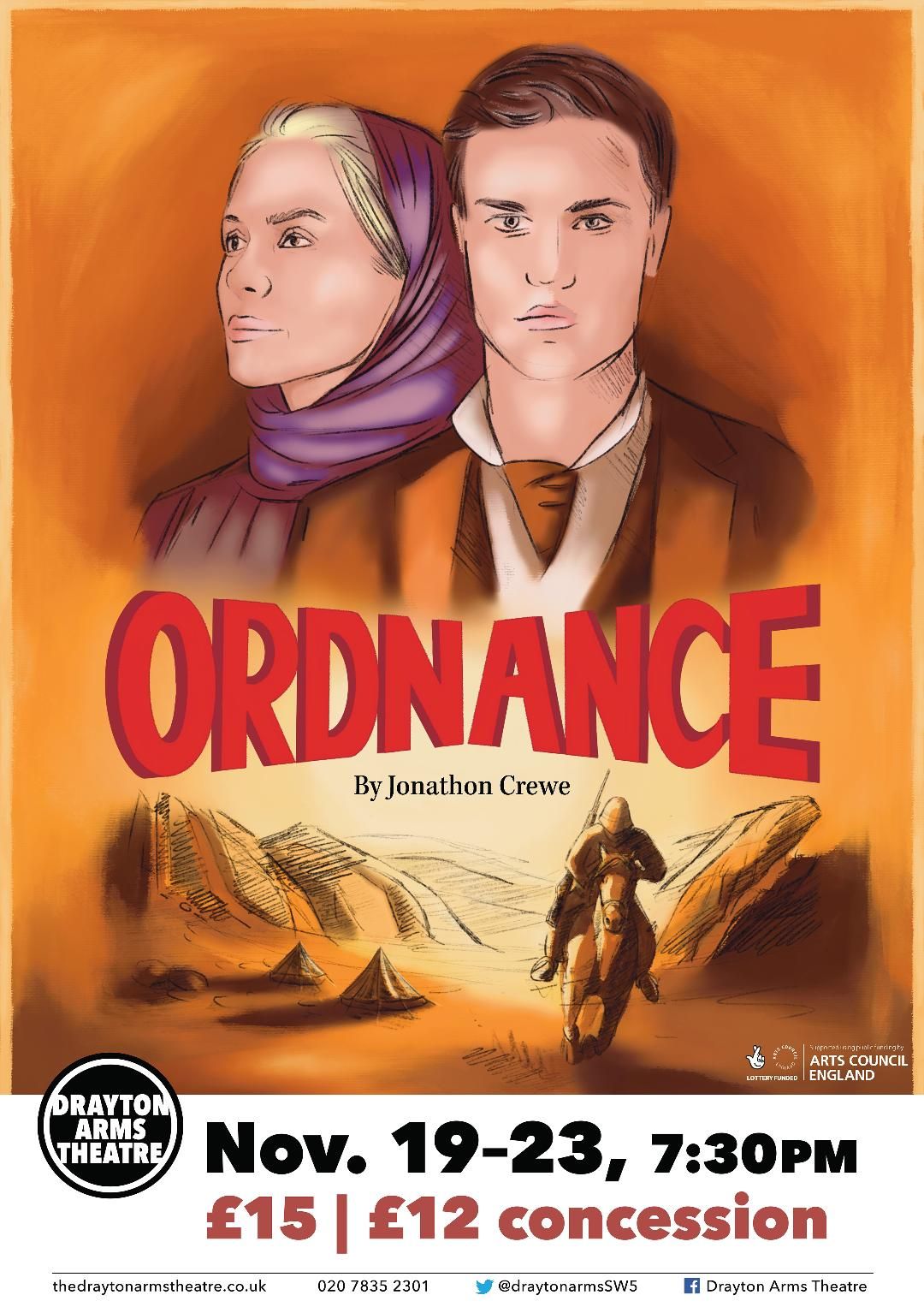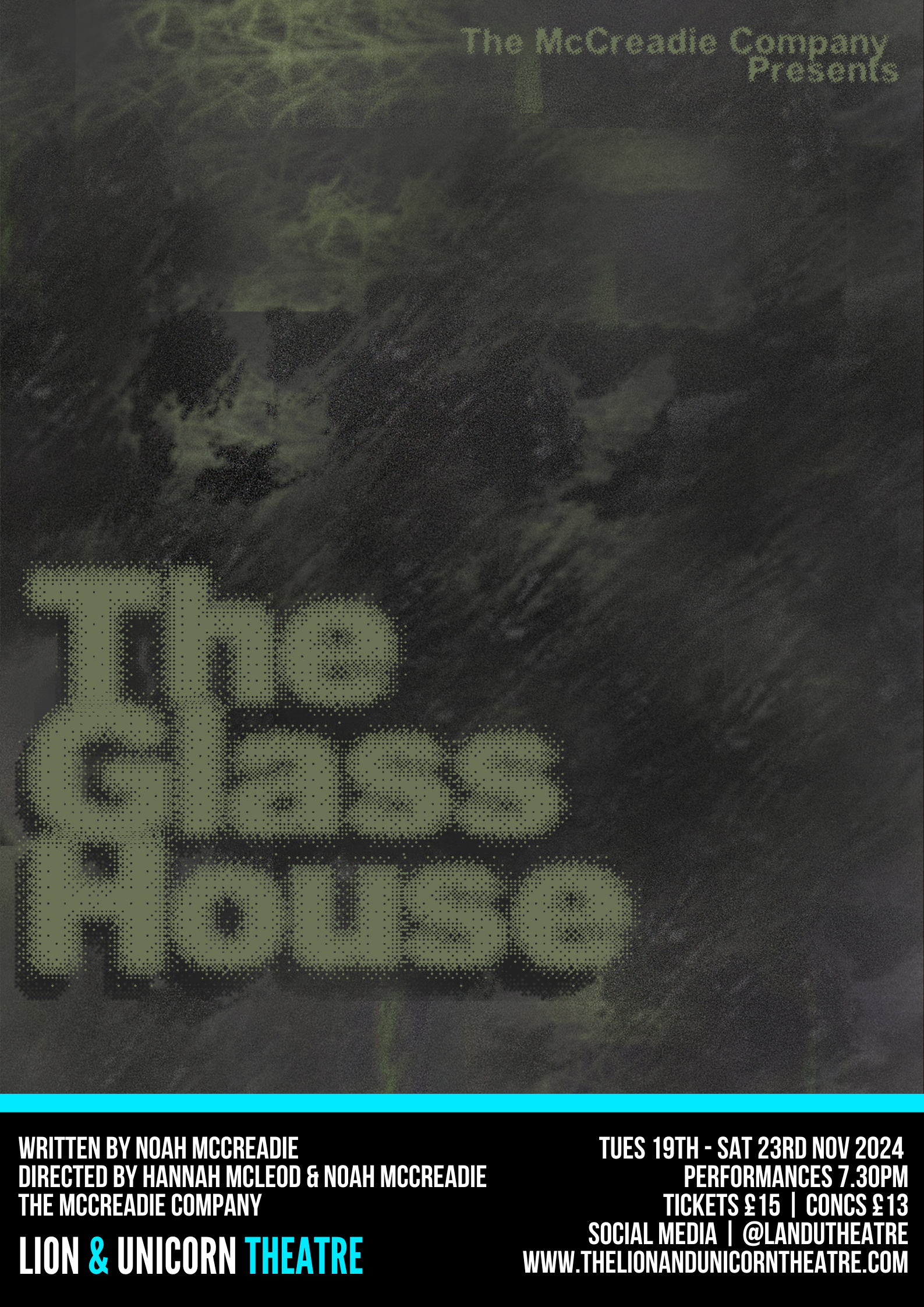REVIEW: VODKA WITH STALIN by Francis Beckett at Upstairs at the Gatehouse 27 March - 9 April 2023

‘intensely human drama’ ★★★★
Would you see a lover die, knowing you could save them by betraying your life’s work? That is the crux of Francis Beckett’s Vodka with Stalin, which explores the deaths of millions through those of a few individuals. It poses the perennial question for anyone wanting to overthrow oppression: can you suppress the individual freedom you purport to support as a necessary part of your battle for liberation?
Script, direction and acting combine to make this historical and philosophical dilemma the basis of an intensely human drama set mainly in Stalin’s Moscow of the 1930s, where Rose Cohen, a young London-born Jewish woman, works for the revolution and falls victim to Stalin’s industrial-scale murders.
Jonathan Hansler’s Stalin personifies Hannah Arendt’s “banality of evil”. Miranda Colmans’ Rose Cohen channels the multitude of fearless heroines almost or totally forgotten by history. David Malcolm’s Harry Pollitt is convincing as a decent man who must balance his love for a single person against a burning desire to change a whole world that tortured his mother and killed his sisters. The play closes with Pollitt, an old man in constant physical and mental pain, contemplating his imminent death and looking back over a life of failure. He was a charismatic orator, leader of Britain’s Communist party for nearly 40 years. Do we feel sorrow and sympathy with Pollitt, or disgust, as the long-dead Rose Cohen appears to him and asks why he did not do more to save her. Despite a personal bond with Stalin, Pollitt, who was publicly silent about the plight of Cohen when she was arrested in Moscow, was almost as silent about the Hitler-Stalin pact of 1939 that he should have been praising loudly. He was removed, temporarily, as leader of the Communist Party of Great Britain as a result of the second silence. Pollitt’s disjointed reply to the wraith of Cohen – that she was one individual while the pact with Hitler was an historic issue – encapsulates the question at the heart of the play.
Beckett’s achievement – and that of the cast and of the director Owain Rose – is to take a tiny but actual episode from the gigantic historic car crash that was the Soviet revolution and enthral a 21st century audience in a London pub with the human emotions that both drove and destroyed it. Nor is that all. Vodka with Stalin touches on other issues with immediate current significance. One is anti-semitism. Another is the question at the heart of the Hitler-Stalin pact controversy and the current Russian assault on Ukraine. What right, if any, do large and powerful nations have to divide up the world into “spheres of influence”.
Around the three central characters – all with impeccably humble origins – an excellent supporting cast rounds out and amplifies the drama. Luke McArthur is utterly convincing as both the dashing Jewish revolutionary Max Petrovsky who Cohen falls for and marries – he shares her fate and that of thousands like them – and as his own son, the diffident Alyosha.Silas Hawkins conjures up three figures of the left: Bert, as much at home in the pub as on the soapbox; Maxim Litvinov, the revolutionary from a wealthy background whom Stalin replaced as the Soviet Union’s top diplomat because the nazis did not like dealing with Jews; and the avuncular George Lansbury, left-wing MP and sometime leader of the Labour party. Denise O’Leary as Litvinov’s British wife Ivy, plays a crucial role in conveying vividly the sense of alarm, dread and urgency provoked by the sudden disappearances of both leading and ordinary figures in the Soviet Union as Stalin’s murders multiplied. World – and death – weary, she joins Rose Cohen as a tower of female strength in a world dominated then as now by insecure and often brutal men.
Vodka with Stalin is not only a compelling historical drama. As more and more brutal dictators and would-be dictators appear on the world scene, it is a reminder that politics are not always boring. They can become bloody.
Vodka with Stalin
Author Francis Beckett
Director Owain Rose
Upstairs at the Gatehouse
Box office: upstairsatthegatehouse.com 020 8340 3488
27, 29 March; 1, 2, 8,9 April 2023
Guest Reviewer: Alan Slingsby worked as a journalist for the Communist Party’s daily paper the Morning Star from 1970 to 1977. He is currently editor of the Brixton Bugle community newspaper and blog. In between he worked for a range of trade unions and not-for-profit organisations.














